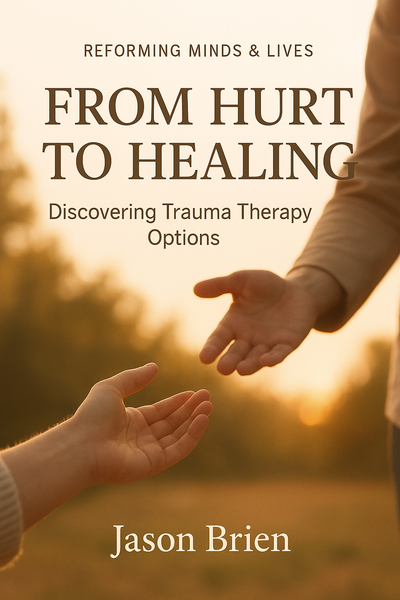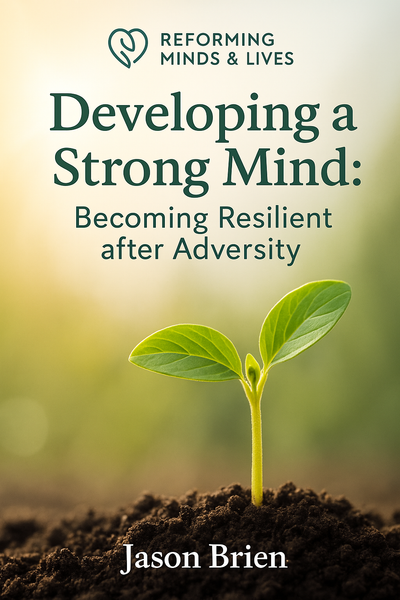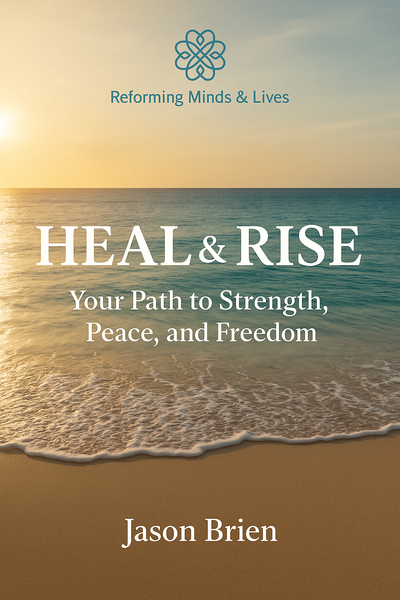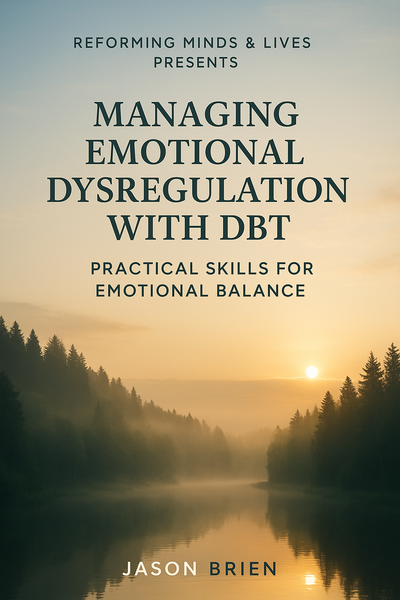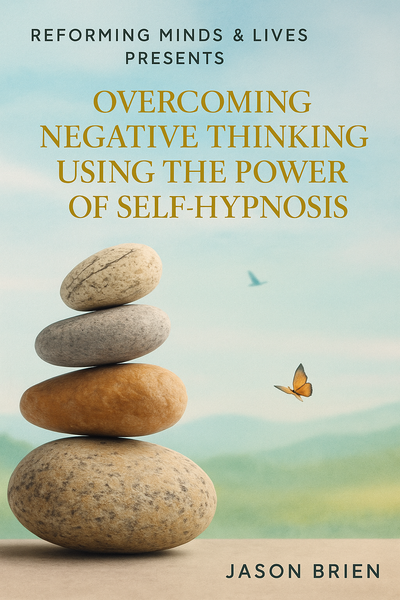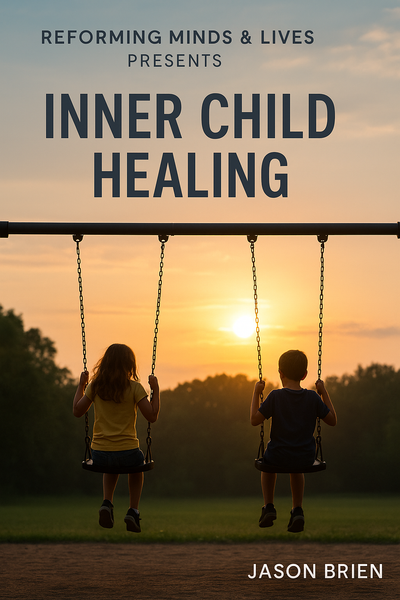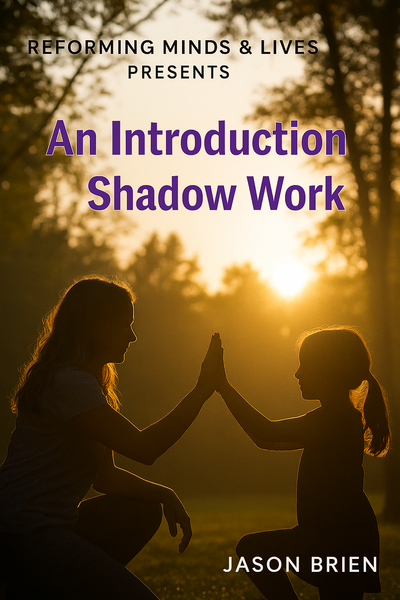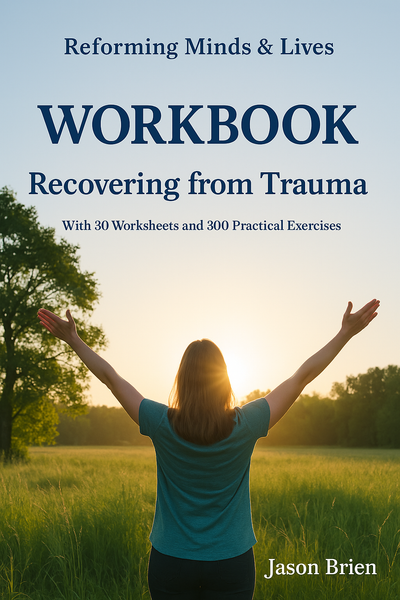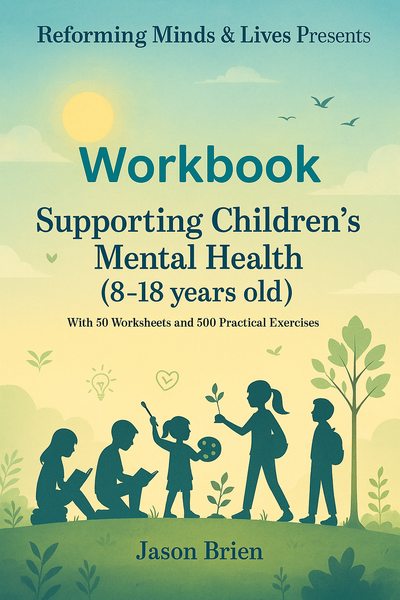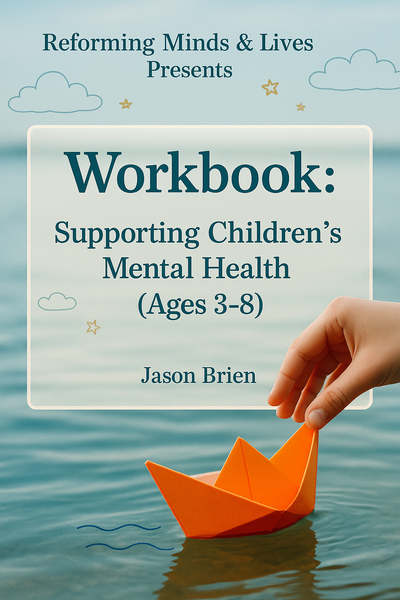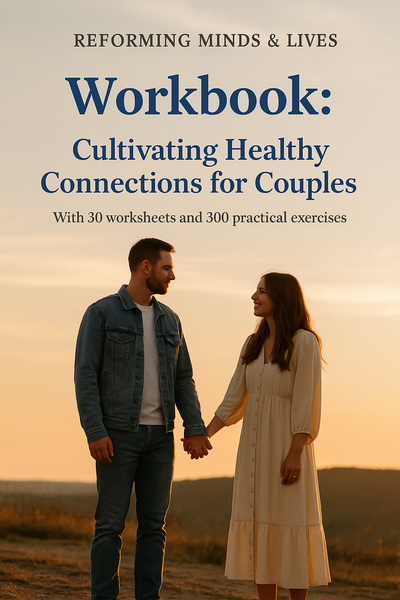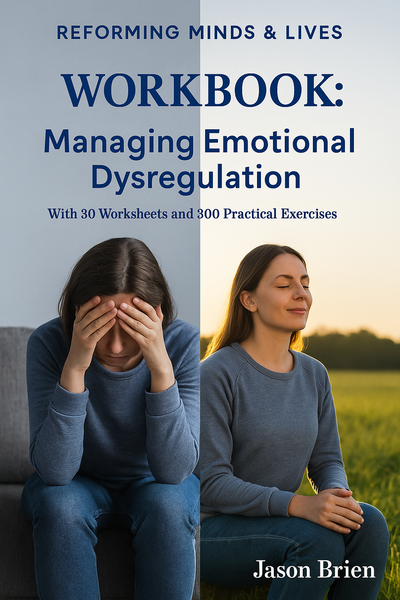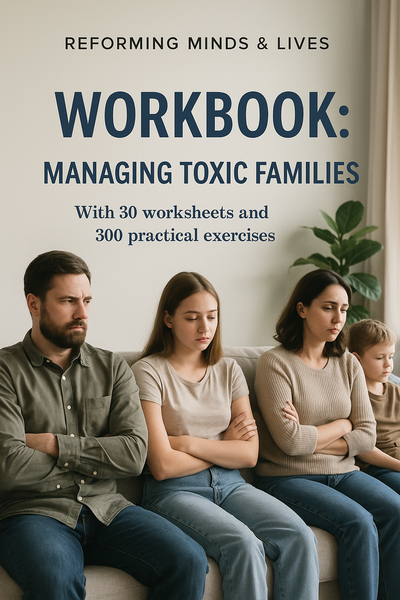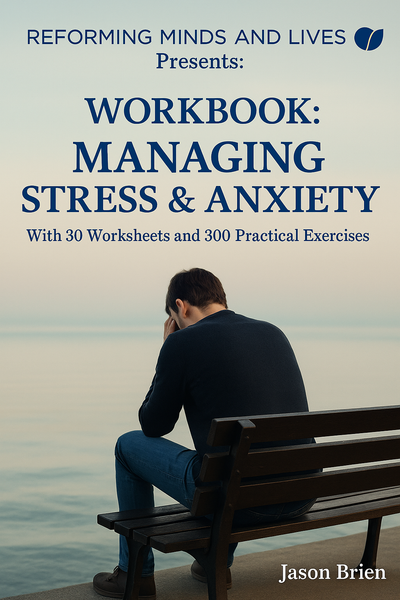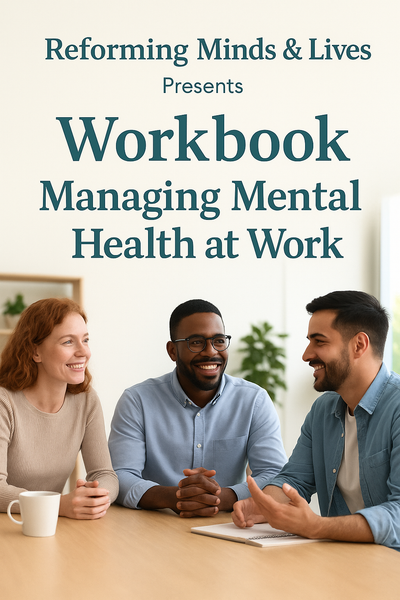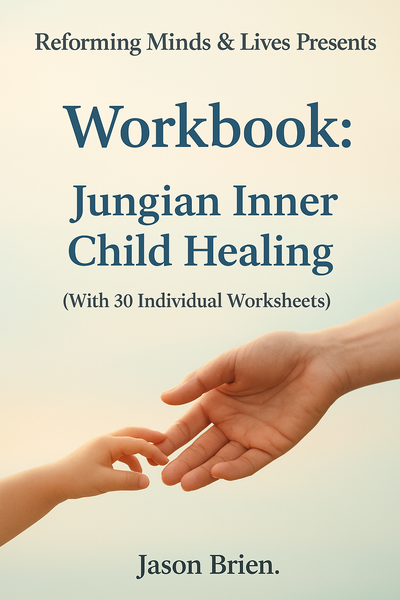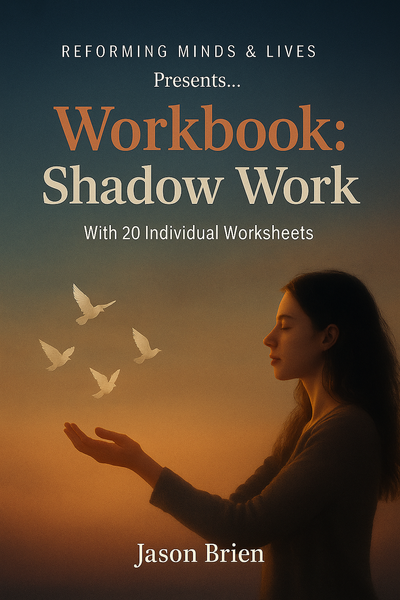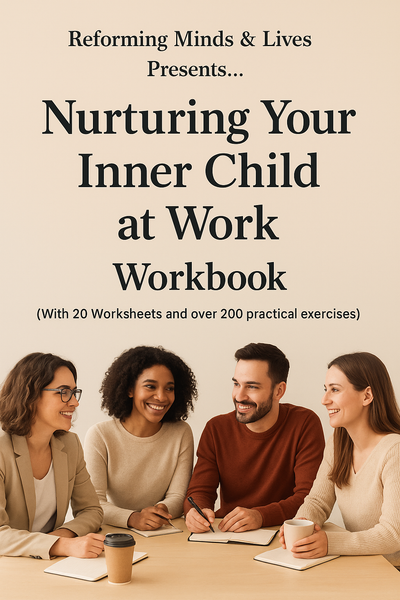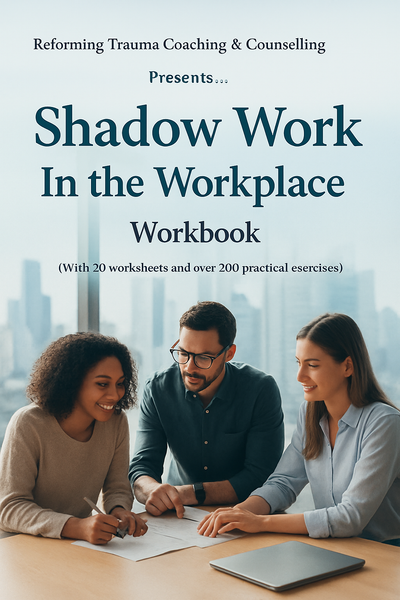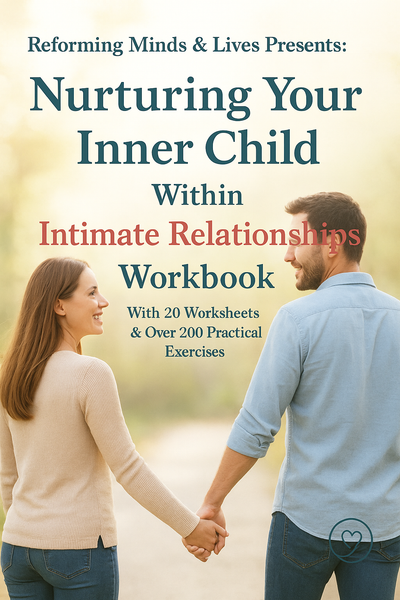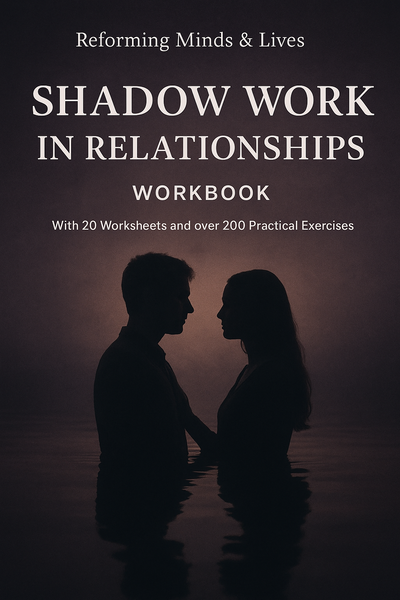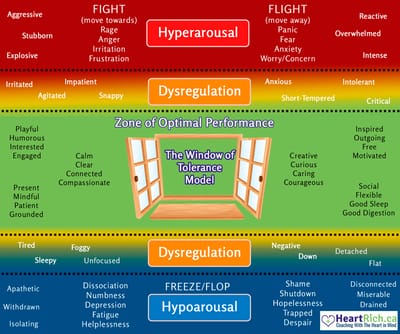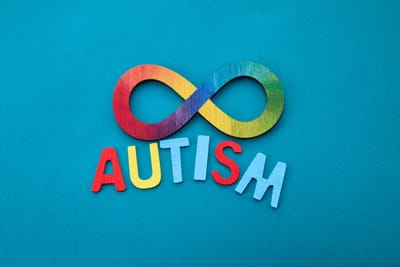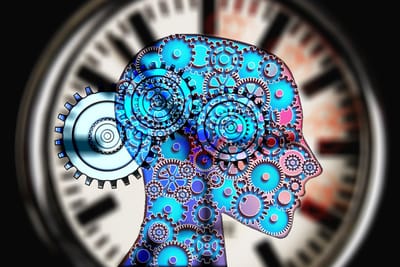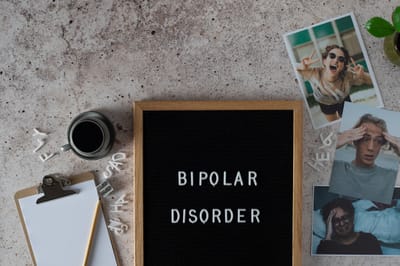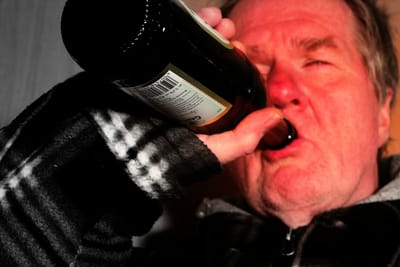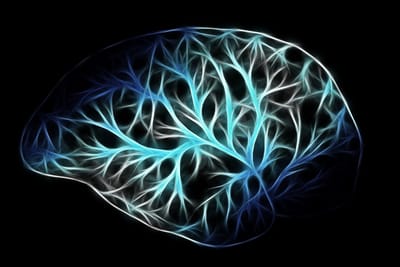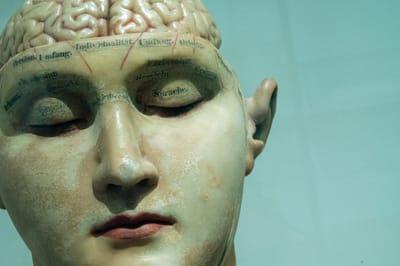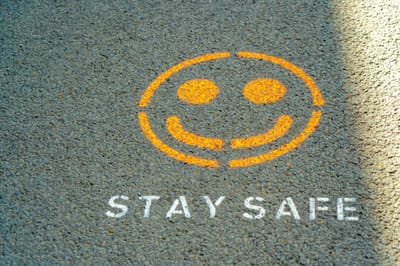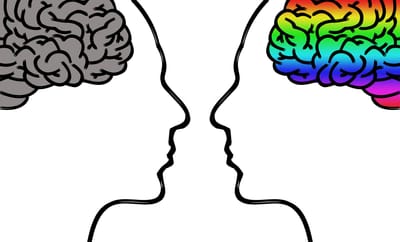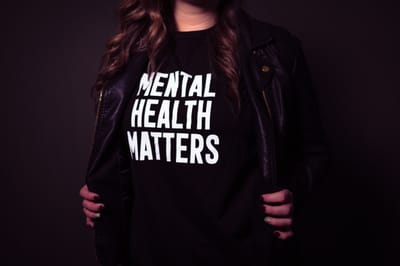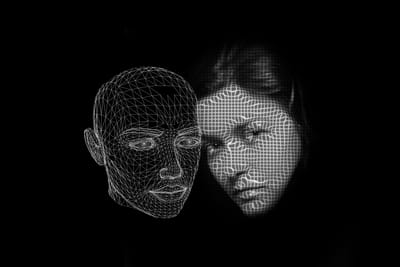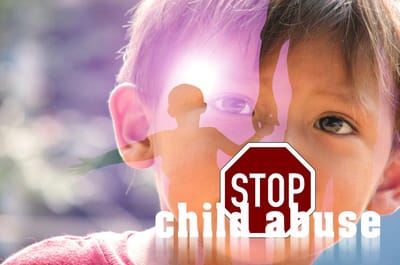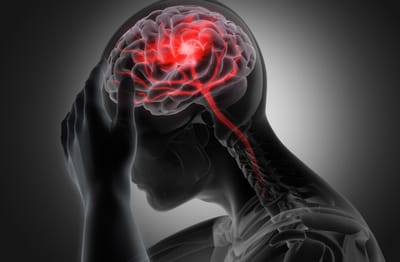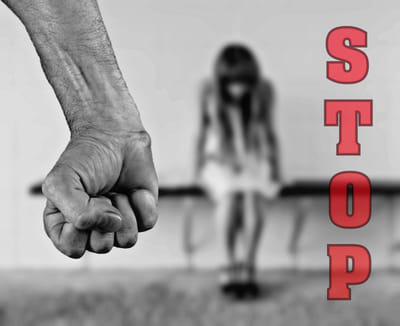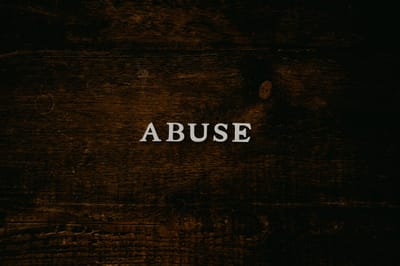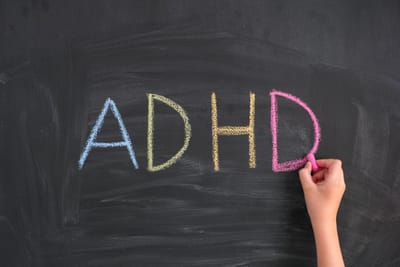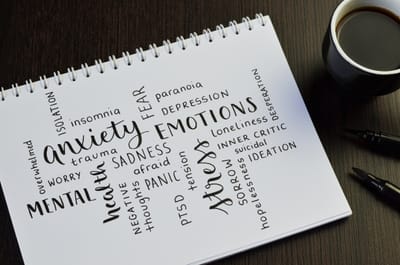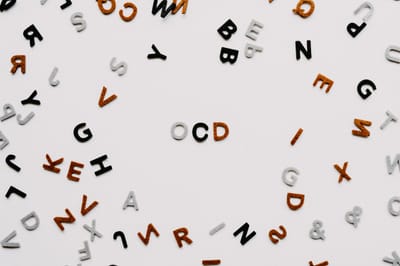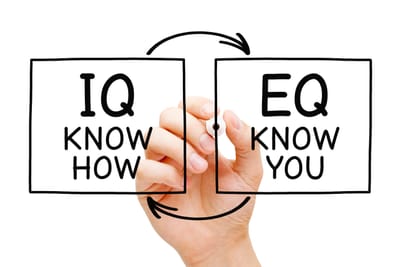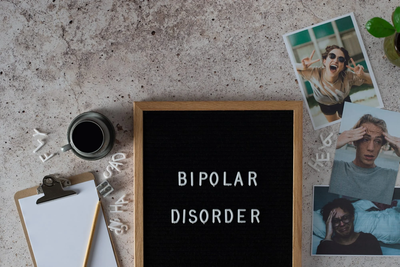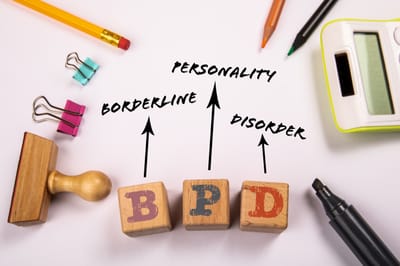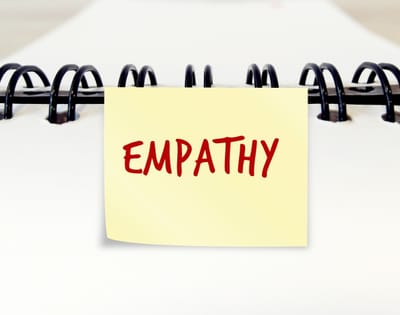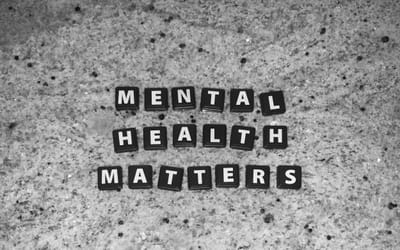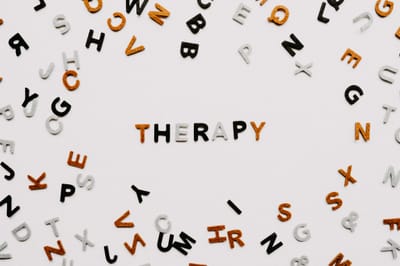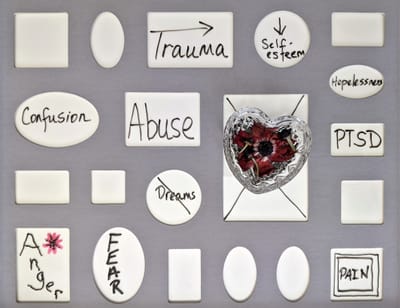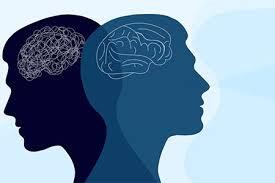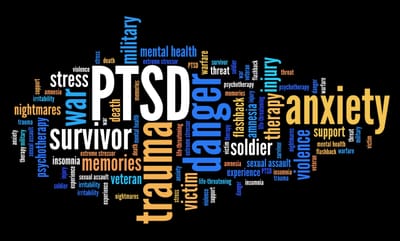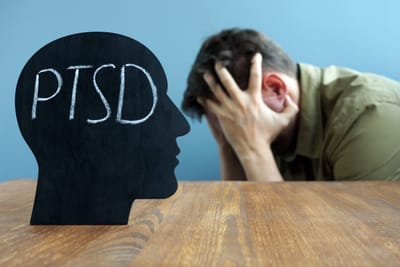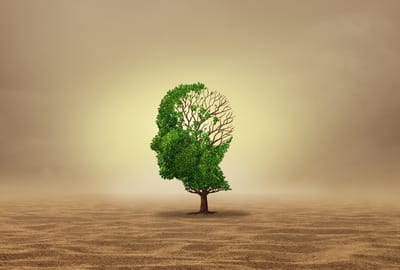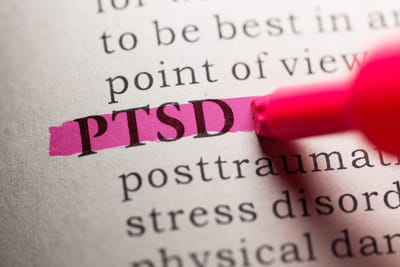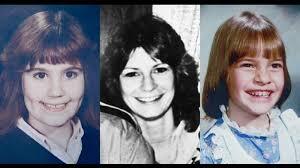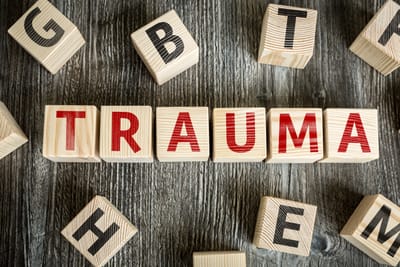Reforming Minds & Lives.
Trauma, Behaviour & Disability Support.
Why choose Reforming Minds & Lives?

Proven Excellence and Recognition.
Reforming Minds & Lives has evolved from the trusted service Reforming Trauma Coaching and Counselling, established in 2018. What began as a dedicated focus on trauma coaching and counselling has grown into a broader, integrated approach to support. Reforming Minds and Lives now offers person-centred, strength-based, and trauma-informed support for complex mental health, behaviour, disability, and trauma-related needs.Our dedication and exceptional service have been recognized with multiple prestigious awards:
- Mental Health Specialist of the Year 2026" by Australia Prestige Awards.
-"Mental Health Organization of the Year 2022" by Mental Health Foundation Australia (MHFA).
-"Best Trauma-Focused Counsellor 2024 (QLD): Jason Brien" by Global Health & Pharma -ninth annual Healthcare & Pharmaceutical Awards.
-"Coaching & Counselling Service of the Year 2024" by the Prestige Awards UK.
-"Most Trusted Trauma Counsellor 2023" by the Health Care and Pharma Awards (GHP) 2023.
-"Best Trauma Based Life Coaching & Counselling Service 2022" by the sixth annual Australian Enterprise Awards.
-"Best Life Coaching Service of the Year 2022" by the Corporate Livewire Innovation & Excellence Awards.
Extensive Qualifications and Experience.
I hold a Bachelor's degree in Psychological Science from the Australian College of Applied Psychology, graduating with a high GPA of 6.11. I am currently employed as a Behaviour Practitioner. My professional background includes roles as a Residential Team Leader, Residential Case Manager, and Residential Youth Worker with Churches of Christ Queensland, providing me with hands-on experience in supporting individuals through their recovery and growth.Comprehensive Certification.
To ensure the highest quality of care, I have obtained an extensive array of certifications:-Positive Behaviour Support Practitioner
-Certified Life Coach (x2)
Specialized Training and Ongoing Education.
I have completed numerous specialized training programs, including:-Advanced dual diagnosis training in substance abuse and mental health interventions.
Safety and Professionalism.
Your safety and well-being are our top priority. I am certified in CPR, AED, and First Aid, and I hold a valid National Police Check Certificate and a valid working with children Blue Card.Choosing Reforming Minds & Lives means choosing a path of proven success, personal understanding, and professional excellence. We are committed to guiding you through your journey to healing and transformation with empathy, expertise, and unwavering support.
Services.
Life Coaching and Counselling.
Learn MoreDisability and Behaviour Support.
Learn MoreBooking & Payment info.
Click here for information about how to book a session and make a payment for all products/services listed on this website.
Learn MorePDF e-books available for purchase.
PDF Workbooks available for purchase.
PDF Workbooks available for purchase.
Disability & Behaviour Related Articles
A Behaviour Support Practitioner works with individuals who display behaviours of concern, as well as their support networks.
Read MoreABA is widely used to support individuals who experience challenges that impact their daily functioning, learning, and social interactions.
Read MoreThe function of behaviour refers to the reason or purpose behind why someone acts in a certain way.
Read More“You can’t expect someone to outperform in an environment that’s not conducive to performance.”
Read MoreThe key to breaking the conflict cycle isn’t to be perfect—it’s to be aware.
Read MoreThe window of tolerance refers to the emotional zone where we can function at our best.
Read MoreThe level is not about intelligence or worth. It’s about the amount of support a person needs to function and feel safe in daily life.
Read MoreChoice and control means allowing people to make decisions about their own lives.
Read MoreArticles.
Several other mental health diagnoses share similarities with PTSD in terms of symptoms and triggers.
Read MoreWhile bipolar disorder is distinct in its features, it shares certain symptomatology with other mental health diagnoses.
Read MoreUnderstanding why online trolls are abusive is a complex matter, and various psychological factors contribute to their behavior.
Read MoreDisconnecting from our devices, even briefly, can have profound effects on our mental health.
Read MoreCognitive-Behavioral Therapy is a transformative and empowering approach to mental health and personal development.
Read MoreAre you a dishonest person who wishes to become honest?
Read MoreHow do our behaviours change after experiencing trauma?
Read MoreWhat effect does chronic stress on on your brain?
Read MoreShould you seek therapeutic support after experiencing trauma?
Read MoreArticles.
The Golem effect occurs when superiors, supervisors or authority figures anticipate low performance from those ‘below’ them.
Read MoreCognitive distortions are deemed ‘unhelpful’ because they are exactly that…UNHELPFUL.
Read MoreIf anyone is experiencing domestic or intimate partner violence, please do not hesitate to seek professional help.
Read MoreA lot of intimate partner conflict arises simply because the couple don’t know or understand enough about each other.
Read MoreSelf-compassion is the antidote to self-criticism and self-hatred.
Read MoreLoss is an inevitable part of life and we all respond to loss differently depending on our beliefs, values, social expectations, religions, cultures, etc.
Read MoreThe aim therefore is to achieve equality between thoughts and emotions because once they are equal, they are no longer seen as special and they return back to their arbitrary state.
Read MoreThe true self is often referred to by many terms such as ‘authentic self’, ‘original self’ or vulnerable self’. Likewise, the false self is referred to by terms such as ‘fake self’, ‘idealized self’ or ‘superficial self’.
Read MoreBefore committing to any one therapeutic treatment approach, do your research first.
Read MoreTrauma exists independently of ptsd and can be classified prior to, and separate from, the diagnostic criteria stipulated by the DSM-5.
Read MoreThe second lesson is… the choices, thoughts, feelings, etc that we make in the NOW can and will supersede whatever has occurred in the past.
Read MoreRather than experiencing anxiety that they themselves will be abandoned by their parent (or others), they experience anxiety about THEM abandoning their parent (or others).
Read MoreArticles.
We cannot always escape stress because anything which occurs in life has the potential to be perceived by us as stressful.
Read MoreNarcissism, in its simplest form, is the pursuit of attention and validation.
Read MorePregnancy and child birth can send a mothers hormones and emotions rushing.
Read MoreIt is not always easy to give up a job when the workplace suddenly becomes toxic.
Read MoreFor some people, ending relationships with toxic people can be rather difficult.
Read MoreDo you have a greater appreciation for the rights and needs of others than the rights and needs of yourself?
Read MoreThe theory states that personality can be boiled down to five core factors.
Read MoreSupporting people through ptsd and trauma can be extremely time consuming and at times frustrating.
Read MoreWARNING: This article discusses child sexual exploitation and may be discomforting for some readers.
Read MoreAttachment therapy is a pseudoscientific therapeutic intervention designed to treat children with attachment issues.
Read MoreResolving trauma does not mean eliminating trauma. This is why I prefer the phrase ‘REFORMING TRAUMA’.
Read MoreArticles.
A look at why taking the time to understand others better can really improve your own mental health.
How can we increase our theory of mind and so improve our mental health?
Read MoreSelf-care plans can be quite complex and highly personalized.
Read MoreUnhealthy coping skills often ‘match’ how we feel or think during times of stress and distress.
Read MoreIf your partner is receptive to the idea of sharing passwords, what will be the rules and limitations?
Read MoreHere are some tips which may help you to overcome insecurity within your intimate relationships.
Read MoreDepression affects an estimated 270 million people worldwide.
Read MoreThe general lack of insight into themselves and others often leads to this feeling of being misunderstood.
Read MoreThe goal of ACT is to help people to create rich and meaningful lives.
Read MoreAnalysis paralysis is the rumination component of decision making.
Read MoreDo you feel embarrassed or ashamed when you see that someone younger than you has accomplished more in life than you have?
Read MoreDo you find yourself constantly drawn into conflict, chaos and drama?
Read MoreArticles.
Cognitive distortions are self-limiting and self-defeating by nature.
Read MoreExposure therapy is based on the very simple notion that it is always better to face your fears rather than avoid them.
Read MoreDabrowski stated that these ‘lower’ level influences prevented people from reaching the ‘higher’ aspects of the self.
Read MoreThis is where the communication before and after the ‘upset’ moments become extremely important.
Read MoreInteracting with these kinds of people can be extremely frustrating.
Read MoreSelf-awareness is the conscious knowledge of ourselves.
Read MoreThis can range from who earns how much to who spends how much.
Read MoreIt is easy to say that people who cannot love are self-absorbed and, in some ways, that is correct but not fully.
Read MoreHere are some practical ways to help you as an individual and you and your spouse as a couple manage troublesome in-laws.
Read MoreBipolar Disorder refers to a group of related mental health conditions.
Read MoreAbuse and neglect are extremely common within dysfunctional families.
Read MoreArticles.
Anxiety is a typical response to stress.
Read MoreIt is important for parents, caregivers, teachers and friends to recognise the signs that a child is suffering from mental illness.
Read MoreNo. From the get go it’s an emphatic no.
Read MoreThese questions are designed to encourage thought and insight into how you go about getting your needs met.
Read MoreAutomatic negative thoughts become more powerful the more that they are reinforced.
Read MoreThe vast majority of us would have seen and heard about post-traumatic stress disorder (PTSD) in some form or another.
Read MoreObject constancy allows you to have healthy whole relations with people.
Read MoreThe term ‘empath’ derives from the term empathy and so relates to a person who is especially aware of the emotions that surround them.
Read MoreSince we are social creatures the human brain can never develop properly in isolation.
Read MoreDo you constantly feel like the walking dead going day in and day out with little to no sleep?
Read MoreKnowing if you are a good friend or not will allow you to appraise your friendships honestly.
Read MoreArticles.
Internal objects refer to our internal representations of external objects.
Read MoreHere are some do’s and don’ts of coping with trauma.
Read MoreAbuse and trauma related support groups which are monitored and supervised properly can provide immense mental health value.
Read MoreThere are a variety of different symptoms related to depression.
Read MoreStress is a common life experience which we can never truly escape.
Read MoreWhy do we lie even when society tells us that we shouldn’t?
Read MoreSomatic symptom disorder is diagnosed when a person hyper-focuses on certain physical symptoms.
Read MoreOver all though, mental health labels do serve a purpose when they are not attached to people’s personalities and so remain abstract.
Read MoreResearchers don’t know the exact cause of OCD however...
Read MoreAll of these factors and symptoms combined makes a person much more susceptible to stress.
Read MoreFinding ways to manage both stress and anxiety is extremely important.
Read MoreArticles.
Both subsets of codependents willingly become hosts for their parasites.
Read MoreWhen a person is exposed to a traumatic event, only they can ever truly know and understand what they went through.
Read MoreWe are never truly immune to manipulation no matter how skilled we think we are in noticing it.
Read MoreThe ABC model is a basic CBT technique which assumes that your beliefs about stress directly affect or influence how you subsequently respond to stress.
Read MoreMental health care is just as important as physical health care.
Read MoreRather than the traits and behaviours being born out of ‘intention’, ‘malevolence’ or ‘evilness’, ego development theory...
Read MoreYoung girls who are not recognised and diagnosed as having ADHD often grow up confused as to why they are struggling with certain things compared to their female peers.
Read MoreResearchers are unsure why ADHD is comorbid with many other mental health conditions but they believe that genetics may play a role.
Read MoreExposure to actual or threatened death, serious injury or sexual violence which must be experienced directly, as a witness, indirectly or vicariously.
Read MoreGoal setting is a great way to keep ourselves on track and ensure that we stay committed to achieving our successes.
Read MoreThe more outlandish the abuser can make their abuse tactics, the less likely their victim will be believed.
Read MoreArticles.
If you do end any relationship permanently, you do not have to stop loving the other person unconditionally.
Read MoreShouldn’t the ‘imperfect’ images and videos be the majority and the ‘perfect’ images and videos the minority?
Read MoreBeing diagnosed with any mental health condition is not the same as receiving a terminal diagnosis within the medical profession.
Read MoreChildren and adolescents really are quite resilient and with appropriate help and support they can recover and heal.
Read MoreThe higher a participant’s ACE score was, the higher the chances were that they engaged in high-risk behaviours.
Read MoreSelf-pity is an unbridled obsession with wallowing in the displeasure of oneself and one’s misfortunes.
Read MoreUltimately, holding onto negative introjections will always do you more harm than good so they should be rejected outright.
Read MoreWe are all susceptible to anxiety, depression and other mental conditions at some point in our lives.
Read MoreYou cannot escape stressors because anything which occurs in life has the potential to be perceived, by us humans, as stressful.
Read MoreSo, you have imbued an arbitrary stressor with negative significance and you are now suffering from stress?
Read MoreArticles.
Global depression and anxiety have been on the up and up for a long time. We live in a hyper competitive, hyper comparative world and people are more stressed than ever.
Read MoreDivergent thinking involves exploring multiple possible solutions from multiple perspectives in order to generate multiple solutions/answers.
Read MoreThese are the mean, insensitive, cruel and derogatory comments, phrases, words or statements that we have internalized from the outside world.
Read MoreWhy are these recently arrived immigrants seemingly more resilient and therefore have better mental health than those who have migrated before them and those who were born and raised in the country?
Read MoreWellness is the overall experience of health, happiness and prosperity. Wellness involves proactively practicing and maintaining healthy life habits on a daily basis.
Read MoreCluster A personality disorders refers to a specific group of mental health conditions which are characterised by ‘odd’ or ‘eccentric’ thoughts, feelings or behaviours which often leads to social; awkwardness and social withdrawal.
Read MoreDBT teaches clients that their thoughts are ‘normal’ given their condition, and should therefore be ‘accepted’, however they must engage in change if they wish to improve their standard of living and overcome their challenges, stresses and distresses.
Read MoreThe third virtual space allows a healthy couple to remain independent whilst also being interdependent. The healthy couple can maintain their individual pursuits/interests and personal identity whilst simultaneously sharing pursuits/interests and having a separate and distinct ‘us’ identity.
Read MoreSome research has suggested that compulsive hoarding may be the result of deficits in executive functioning. Executive functioning is related to flexible thinking, planning, self-monitoring, self-control, working memory, time management, and organization.
Read MoreAnger is a typical human emotion and it can be viewed in one of two ways. State vs trait anger.
Read MoreSelf-compassion has all of the mental health benefits of self-esteem without any of the down sides (extreme highs or lows - pathologies).
Read MoreBPD is characterized by intense and prolific fluctuations in mood states (emotional lability), anger, insecurity (stemming from poor self-image coupled with severe abandonment anxiety), impulsiveness and self-harm/suicide.
Read MoreArticles.
The framework of ego development allows us to see full blown NPD as a form of arrested development.
Read MoreSerial killers however, lack genuine emotions. Serial killers often say that during the time of the killing, they felt no emotions only an intense adrenaline rush.
Read MoreThe ‘alliance’ refers to the reciprocal nature of therapy. That is, the client and the therapist must work together as a team if they wish to achieve the clients desired outcomes.
Read MoreThe ability to be assertive is a fundamental communication skill which can help you to express yourself more efficiently.
Read MoreThere is nothing wrong with feeling sad. It helps us to cry and helps us to release our emotions.
Read MoreConflict in and of itself is the mere expression of disagreement. A discord between needs, values, wants, beliefs, etc.
Read MoreSelf-serving bias is related to locus of control. As the name suggests, locus of control refers to perceptions of control.
Read MoreSuccessful trauma recovery/healing requires people to develop object constancy so that they can have healthy whole object relations with others.
Read MoreWARNING; This article contains information pertaining to sexual abuse and sexual exploitation which some readers may find disturbing or offensive. If you feel that your emotional health is compromised in any way after reading the contents of this post, please seek immediate advice from a mental health professional.
Read MoreNUTS refers to 1. Novelty, 2. Unpredictability, 3. Threat to the ego and 4. Sense of control.
Read MoreIf you are aware that you have a tendency to self-sabotage, it would be a good idea for you to develop a self-sabotage plan.
Read MoreIt can be hard for people to accept and acknowledge emotional responsibility. People are usually raised to believe that it is what has happened to them which ultimately determines how they feel.
Read MoreAbandonment anxiety.
Abuse & Abusive Relationships.
Adhd.
Anxiety.
Anger.
Bipolar Disorder.
Borderline Personality Disorder.
Boundaries.
Communicating healthy emotional boundaries is crucial for maintaining positive and respectful relationships.
Read MoreHere are examples of expressing and setting material boundaries in different situations.
Read MoreHere are examples of expressing and setting intellectual boundaries in various situations.
Read MoreHere are examples of expressing and setting self-care boundaries in various situations.
Read MoreEstablishing and communicating healthy social boundaries is essential for maintaining balanced and respectful relationships.
Read MoreHere are examples of expressing and setting sexual boundaries in various situations.
Read MoreEstablishing and communicating healthy communication boundaries is essential for maintaining respectful and effective interactions.
Read MoreHere are examples of expressing and setting mental boundaries in various situations.
Read MoreEstablishing and communicating healthy time boundaries is crucial for maintaining balance, productivity, and personal well-being.
Read MoreHere are examples of expressing and setting physical boundaries in various situations.
Read MoreIn a world that increasingly values mental well-being, the pressure to maintain good mental health has become a ubiquitous aspect of modern life.
Read More